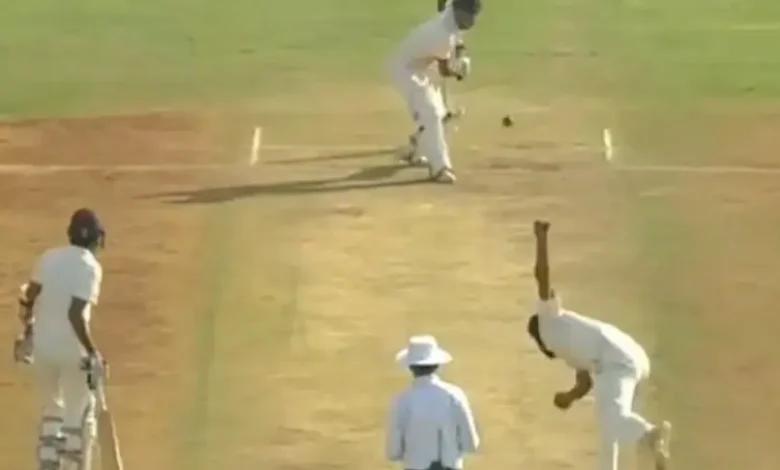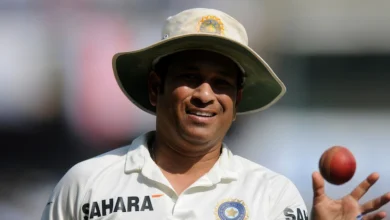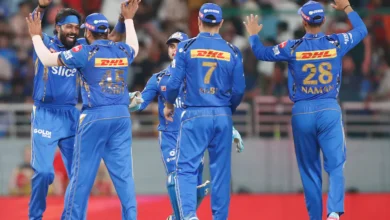Amid BCCI’s Push For Domestic Cricket, India Star Slams Ranji Trophy Schedule
The Indian cricket team star called for much longer breaks between Ranji Trophy games in order to help players get more time for recovery and preparations and lessen injuries.

Indian all-rounder Shardul Thakur on Sunday called for much longer breaks between Ranji Trophy games in order to help players get more time for recovery and preparations and lessen injuries. Thakur registered his maiden first-class century during Mumbai’s Ranji Trophy semifinal against Tamil Nadu on Sunday. Due to his century and a great fightback by the lower order, Mumbai leads by 207 runs. Following the end of the day’s play, Shardul termed the current schedule of having just a three-day interval between matches as “difficult” and “tight”. He pointed out that the breaks between games used to be bigger when he had been playing Ranji seven to eight years back.
“If boys keep playing like this for two more seasons, there will be a lot of injuries across the country,” said Thakur.
“Next year, they [the BCCI] have to re-look at it, and give more [of a] break. When I remember playing Ranji Trophy back in the day, good seven to eight years back, [the] first three games used to have [a] three-day break, and then it was [a] four-day break, and knockouts were played [with] five-day breaks,” added Thakur.
With the Indian Premier League (IPL) window getting bigger due to the number of franchises being increased to 10, the Board of Control for Cricket in India (BCCI) has been forced to fit all senior men’s domestic cricket within a much smaller window. This has, according to many prominent first-class cricketers, questioned the relevance of tournaments like Duleep Trophy, Deodhar Trophy, zonal first-class and ODI competitions, which usually open a domestic season.
Teams have also experienced travel fatigue. Shardul said that it is extremely difficult for players to play ten games with a three-game gap if a team makes it to the finals.
“Now this year, we have seen that all the games have been played [with a] three-day gap. It is extremely tough on domestic players to expect them to play ten games in a row with just a three-day gap if [a] team makes it to the finals,” said Thakur.
“Also, when nine teams were in the group [in the old format], one team would get a break in [the] round-robin system. Now with only eight teams being in one group, everyone plays each other, so that [extra] break has gone now,” he added.
Thakur pointed out that the scheduling, for instance, was extremely gruelling on Mumbai’s pacers, with Mohit Avasthi rested in a league stage match against Chhattisgarh due to a hamstring issue after having played five successive games. He also said that Mohit has had a massive workload because Tushar Deshpande was playing for India A at one point, veteran Dhawal Kulkarni was ageing as well and Royston Dias is a fairly new player.
“Yeah, 100 per cent (on schedules being grueling) because Mohit [Avasthi] also had an injury in the sixth game,” said Thakur.
“He played five games in a row. He had a huge workload because Tushar [Deshpande] was also selected for India A. He was not available. Dhawal [Kulkarni] was playing alternate games looking at his age and workload. Royston [Dias] is fairly new.”
“He [Mohit] operated a lot in those first five games, and then he had an injury so he had to miss a game. I think that is because there is not enough spacing between the games,” concluded.




